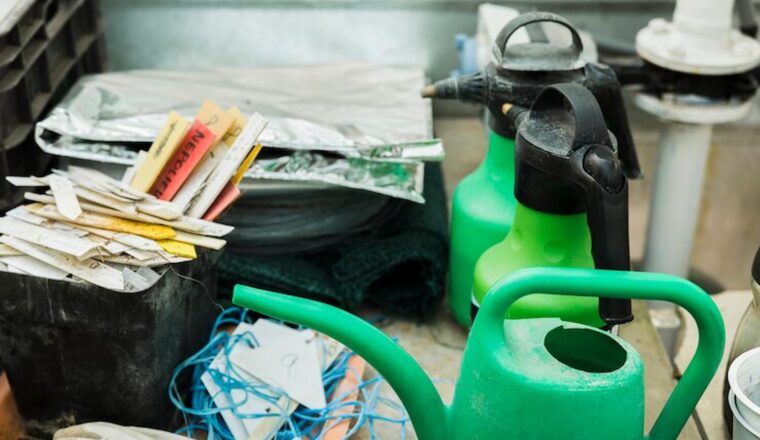Top Strategies For Quick And Effective Fly Tip Waste Removal
The illegal dumping of waste is a growing problem in many communities. It creates an eyesore, attracts vermin, and poses a health hazard. If you’ve found yourself the unfortunate recipient of fly-tipped waste, don’t despair! Here’s a comprehensive guide with top strategies for quick and effective removal, helping you reclaim your property and promote a cleaner environment.
